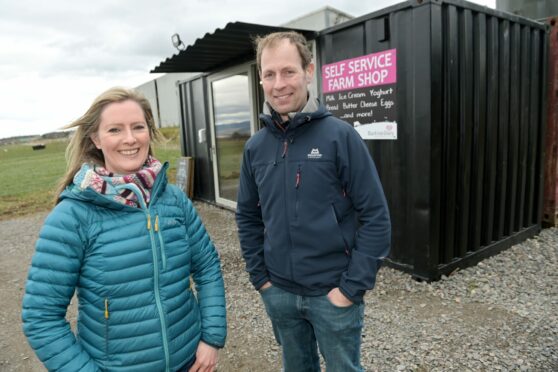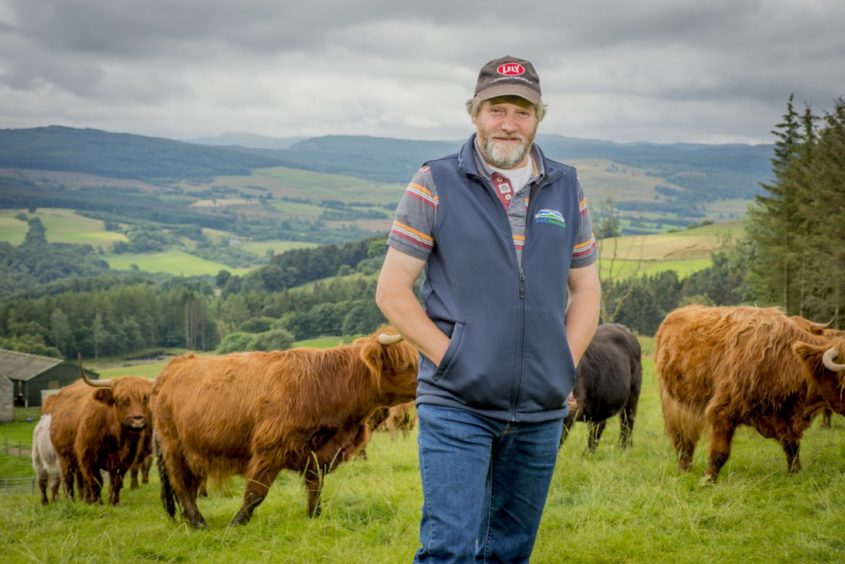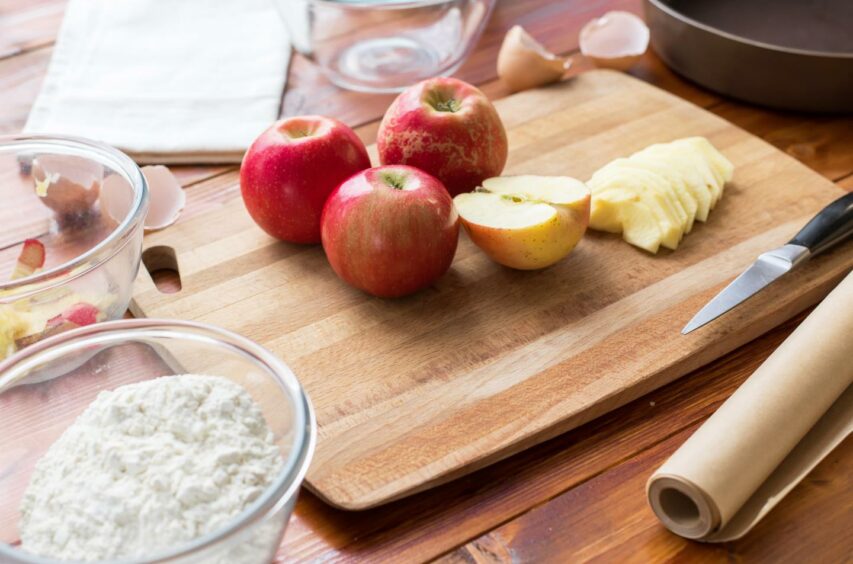It’s hard to fathom that more than two years on we would still be living in a global pandemic and harder still to imagine the Russian invasion of Ukraine.
It is shocking and heart-breaking to witness the air strikes and devastation with innocent people being killed, families displaced and seeking refuge.
And to read – indeed write – about the further reaching global implications to come out of the conflict seems callous at such a time, but in the words of NFU Scotland (NFUS) president, Martin Kennedy, earlier this month: “With global supply chains already highly vulnerable, and many countries around the world reliant on Ukraine’s agricultural produce as well as Russian’s food, fertiliser and gas supplies, a rise in grain prices or a significant drop in production is certain to have huge knock-on effects for food consumers as well as producers.”
Since then, expert commentary and forecasts across the media have been numerous and grave as to Britain’s future food security.
Not only have exports from the Black Sea ports of Ukraine, the lauded “breadbasket of Europe”, been suspended but the war is preventing Ukrainian farmers from sowing wheat now for future harvest while they fight for their lives and defend their country.
Combined total exports of wheat from Russia (18%) and the Ukraine (8%) amount to more than a quarter of the global market. Any food shortages or supply disruptions in Europe, along with increased fertiliser costs, will push up prices in the UK.
Here on the farm, Nick has seen the price of fertiliser more than treble from £200-300/tonne to £900/tonne in recent weeks.
Prices had already been high due to the increased cost of natural gas but have soared further because of economic sanctions on Russia, a significant exporter of agri fertilisers containing nutrients such as potassium, phosphorus and nitrogen.
Being a dairy farm, Rootfield has its own natural fertiliser resource – nitrogen-rich slurry – with samples currently being tested to analyse its constituents so that Nick can move to a predominantly slurry-based fertiliser system here and at Dad, Dereck’s, sheep and young stock holding at Essich.
Considering the conflict and in a bid to improve Scotland’s food supply resilience, NFUS has already called on the Scottish Government to freeze support scheme rules that effectively remove land from food production.
Self-sufficiency has never been more critical.
When we relocated our farm shop late last year, we had intended to add homegrown flour to our range but then it was birthdays, Christmas, New Year etc.
With the current crisis, my thoughts have returned to our local miller in Golspie which confirmed a shortage of bread flour because they use wheat from England and Ukraine.
If we can arrange delivery, the mill could supply us with a wholemeal spelt flour grown in Aberdeenshire, a versatile flour I like using at home for its naturally low gluten and good fibre and vitamin content.
It works well in the no-sugar pancakes regularly on the Rootfield menu for the girls’ after school snack combined with fellow ancient grain flour, buckwheat, along with self-raising, mashed ripe banana, yoghurt, milk and eggs.
With Shrove Tuesday and Mother’s Day at either end of the month, March features a couple of big baking days on the British calendar that I for one have, until recently, taken for granted.
The ready supply and range of flour in shops across the country from big supermarkets to grocers, farm shops, bakeries, delis and whole food stores, make it easy to forget the fact that the core ingredient – wheat – will have been imported, unless sourced from somewhere such as the Fife-based community enterprise Scotland the Bread (more on this next month).
The Breadbasket of Europe and the plight of its people will certainly give pause for thought this Mother’s Day while many of us sit down to the luxury of tea and cake with our loved ones.
- Jo lives at Rootfield Farm in the Black Isle with her husband Nick, daughters Daisy and Mollie, and 120 dairy cows.


